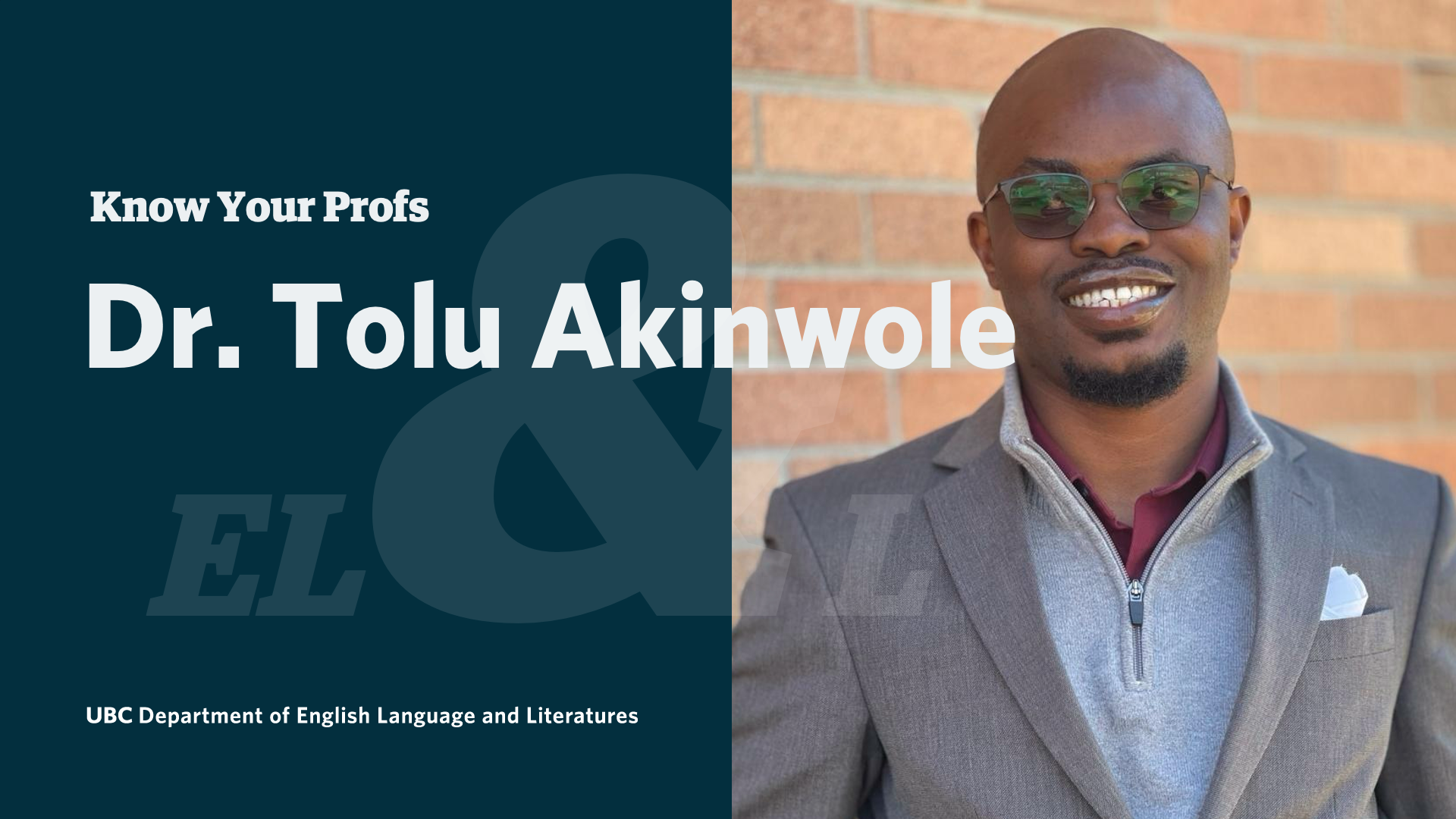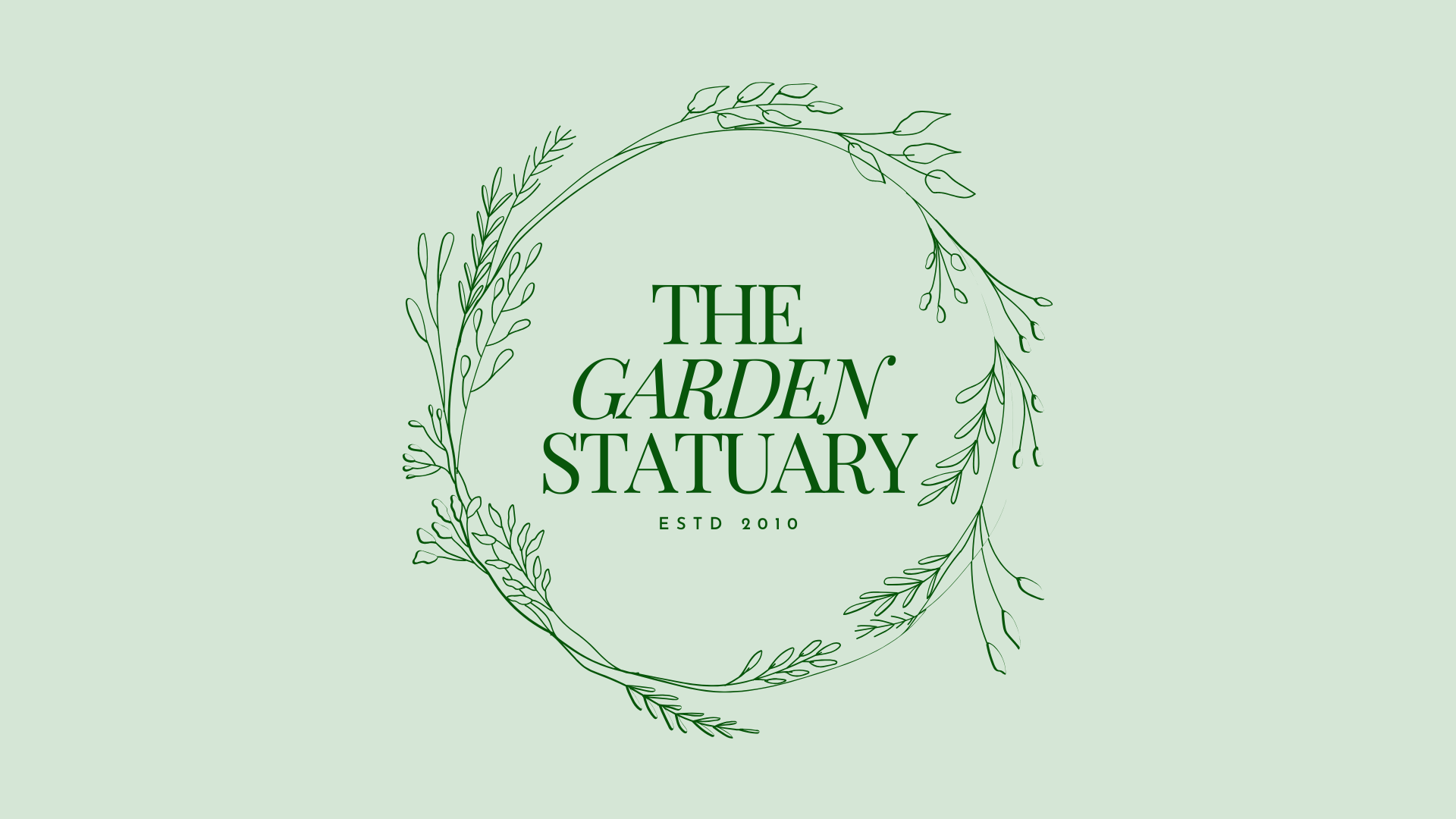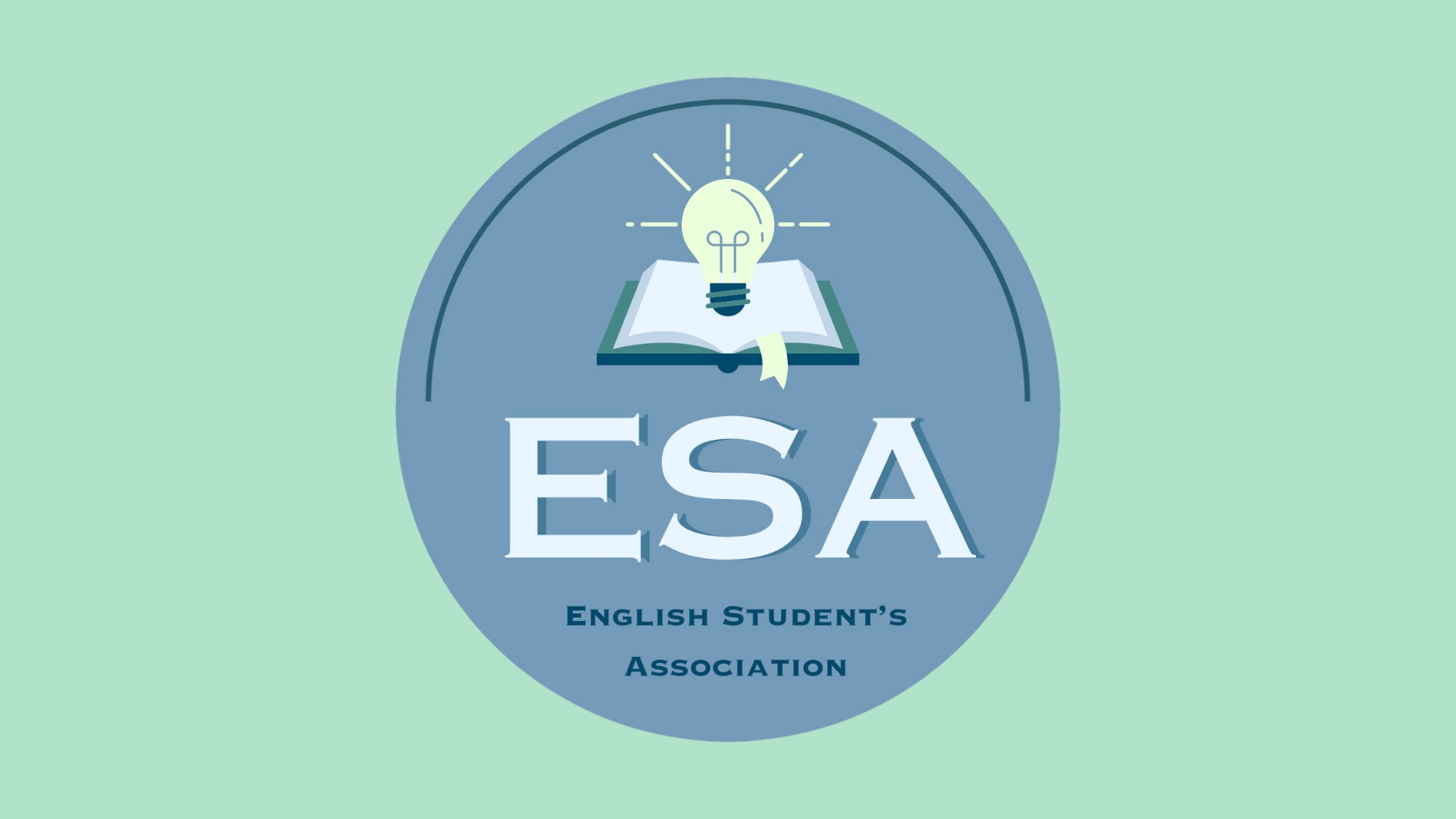

Dr. Tolulope Akinwole (he/him) is a scholar of global Black literatures. He is also the newest faculty member in the UBC Department of English Language & Literatures. In this Know Your Profs Q&A, Dr. Akinwole shares with us why he is keen to embrace the awkwardness of new beginnings in his classrooms, and how literature can be a prism through which to see the underlying patterns that shape our understanding of the world.
Can you share with us an overview of your academic roadmap and where you’ve been?
I am an interdisciplinary scholar of global Black literatures, with specific focus on African literatures and cultures, African screen media, postcolonial/decolonial theory, and Black geographies. Trained in Africa and in North America in literary and cultural studies, the aim of my teaching and scholarship is to bridge spaces, and to help students to see the common factors in seemingly disparate places of being.
Why do you study literature?
Literature is among those fields in which the many patterns in the rich fabric of life are laid bare. The long list of archetypes available to us through the study of literature – heroes, antiheroes, and villains of all shapes and hues – helps us to register that our world and its processes are combinations of patterns that we could trace through narratives told and retold since ancient times, whether in poetry and song, or in tales by moonlight.
So the trickster Ijapa in Yoruba folktales projects patterns we recognize in Ananse the Spider in Akan folktales, in Brer Rabbit, in Shakespeare’s Puck, and so on. This is among the many patterns we see through literature. And, maybe, there is a sense in which studying literature can help us find solace in the fact that our seemingly complex life is but a conflux of patterns that we need to untangle. Maybe in knowing that, some things will make sense.
What courses are you teaching this year?
In Term I, I am co-teaching ENGL_V 200: Principles of Literary Studies. My co-teaching team, which includes Profs. Tara Lee, Laura Moss and Robert Rouse, explores how narratives about place help us to better understand ideas about belonging and dispossession. In this class, students can hope to be acquainted with a broad range of literary texts and forms across space and time.
In Term II, I will be teaching two courses: a section of ENGL_V 100 that I have entitled “Thuggish Characters across Space and Time” and ENGL_V 370: African Climate Fiction. In ENGL_V 100, we will unpack the loaded term thug and hone our close reading skills. In ENGL_V 370, the aim will be to discover how African writers – from the griots to the present – imagined our world and what strategies are held within the imaginations of those cultural producers. Students in both classes can expect to interact with books, films, music, and visual art forms.
What is your favourite part about teaching?
The stories we tell ourselves and others materialize in our world in our actions, reactions and inactions. I love that by teaching literature, I can help others to understand this principle about world-making and self-fashioning.
In the classroom, I love how the awkwardness of the first moment in front of students – the first word, the first sentence – gradually gives way to meaningful conversations and collaborations. My best moments in class are when I watch students discuss a text, whatever the form, and discover or imbue it with new layers of meaning. But the best is when they get so familiar and comfortable with one another that they begin to agree to disagree. I love that moment.
If you weren’t a professor, what would you do with your life?
I would probably be one of those book peddlers on the public buses in Lagos, retelling Achebe’s stories in Yoruba, transporting weary commuters into the worlds of Kincaid, Adichie, Rushdie, Gurnah, Coetzee. On the side, I would run a community theatre where the Lagos youth could dream. We would call it Sizwe Bansi on good days and Aksident Store on bad days.
What is something you spend a disproportionate amount of time thinking about?
My late mentor, Tejumola Olaniyan, had some of the most thought-provoking commentaries on Blackness. These days, I think about one of those off-the-cuff statements of his, published posthumously in a paper he quite characteristically entitled “Cosmopolitan Interest Rates”: “Black suffering was the source of the biggest change in the world in the last five hundred years; black reward should also engender a similar global change.”
Is there anything else you’d like to share?
I will leave you with this rather well-worn sayings from Chinua Achebe: “The world is like a Mask dancing. If you want to see it well, you do not stand in one place.”


